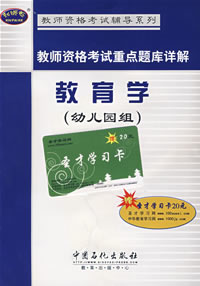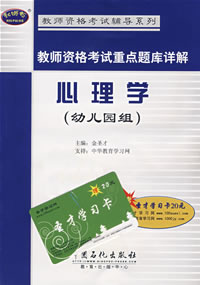I don’t think there is anything else we need to buy.
我想我们没有什么东西要买了。
Whom else do you want to talk with?
你还想和谁谈话?
What else do you want to say?
你还有什么想说的?
注意:Other也表示“其他的”,但other通常用来修饰名词,放在被修饰名词的前面。
例如:
Do you have any other question to ask?
你还有什么别的问题要问吗?
I have some other things to say. = I have something else to say.
我还有一些话要说。
5. English is the first language in none of these countries.
英语在这些国家中都不是第一语言。
none of…“(……中)一个都不”,of后通常接可数名词的复数形式,表示“(三个或三个以上的人或物中)没有一个……”的意思。none of…结构作主语时,谓语不能用否定形式,谓语可以是单数形式,也可以是复数形式。如:
None of us know / knows the old man.
我们中没有一个人认识那个老人。
None of them is/ are English.
他们当中没有人是英国人。
注意:none of…表示全部否定,not all…表示部分否定,no one (nobody)只指人,不指物,作主语时视作单数。如果要否定两者用neither, 不用none of。例如:
No one knows the new comer.
没有人认识那新来的。
Neither of my parents is a doctor.
我父母都不是医生。
Not all of us like eggs.
我们中不是所有的人都喜欢吃鸡蛋。
6. It is because in the modern world, English is widely used for business between different countries.
它是因为在当代世界里,英语在国家之间的商业事务中得到非常广泛的应用。
because引导的是表语从句,表语从句的引导词还有why, what, if (whether)等。例如:
That is why she is so happy.
那就是她为什么如此高兴的原因。
This is what they want.
这正是他们所要的。
The question is whether we can arrive there in time.
问题是我们能否及时到达那儿。
7. When a German buys something from a Japanese, or an Indian sells something to a Frenchman, they often use English.
当一个德国人从一个日本人那儿买东西,或者一个印度人把东西卖给一个法国人时,他们常使用英语。
German, Japanese, Indian, Frenchman分别表示四个国家的名词,现将我们学过的国名和国家的名词归纳如下:
China Chinese(中文) a Chinese(国人单数) Chinese(复数)
America an American Americans
 ,我们将会及时处理。如转载本站内容,请注明来源:考试网。
,我们将会及时处理。如转载本站内容,请注明来源:考试网。 | 本书是幼儿园教师资格认定考试教育学辅导用书。本书以各省、自治区、直辖市教育主管.. 定价:¥18.00 优惠价:¥14.30 更多书籍 |
 | 本书是教师资格认定考试心理学辅导用书。本书以各省、自治区、直辖市教育主管部门制.. 定价:¥20.00 优惠价:¥15.80 更多书籍 |